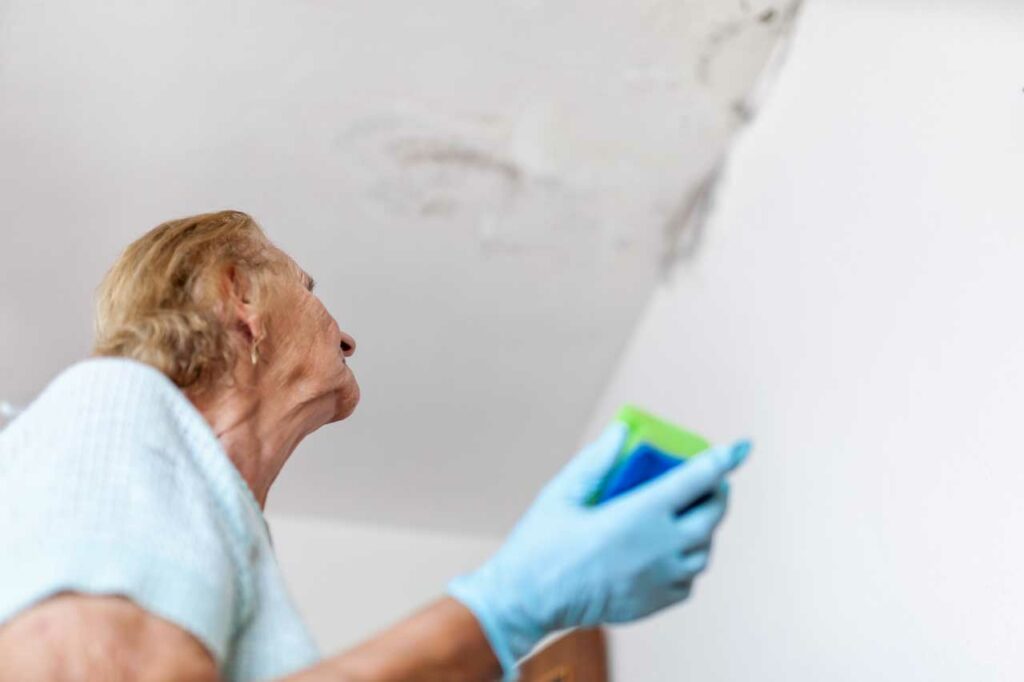Prevent against Exposure to Toxic Mold
When the waters from hurricane season are recede, they leave a new problem in their wake: MOLD. Excessive mold exposure can be a problem for many people, especially those with weakened immune systems. For those seniors who are able to return to their homes, dealing with mold is likely to be an ongoing issue.
Mold exposure can cause allergic reactions, respiratory symptoms, asthma and other negative health responses. Typical symptoms include systemic signs such as fatigue, headache, joint pain and stiffness. Mold exposure can affect people’s ability to concentrate and may also affect memory. Common respiratory symptoms include chronic cough, sinus congestion and shortness of breath. Toxic mold, or varieties that emit toxins into the air, is most prevalent immediately after the flood, but mold can continue to be an issue for years because it spreads by spores which may lie dormant for a long time.
If you or a loved one are looking into returning to a flooded home, you should protect yourselves against mold. Masks can prevent inhaling spores and gloves will protect your hands if you are cleaning up or sorting through water-damaged belongings. These items should be available through local drugstores or home building stores (they are also used in construction). If you have caregivers helping with an elderly relative, their employers should provide protective equipment.
If you need assistance perhaps someone to provide companionship or supervise an elderly relative while you get on with clean up, please give us a call. We provide a variety of home health services including transportation, meal preparation and housekeeping. For more information about Patient Caregivers or to learn how Patient Caregivers can help you and your loved one, please contact us at (713) 227-3448.

